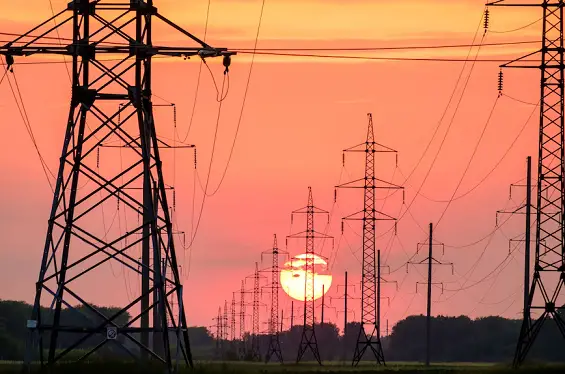According to a new report in Reuters, sources say French electricity company Electricite de France (EDF) was hit hard by a recent series of strikes at its nuclear reactors and hydro-electricity plants, with the company noting it has lost roughly €1 billion ($1.1 billion) in lost output during the actions.
The report noted that EDF was also reviewing its hiring plans for the year.
Two of the sources, who were reportedly union members, reported that they had been briefed by executives of EDF in separated instances last week. In those conversations, the executives said that EDF management had asked all of the company’s divisions to look into postponing whatever hires they could, until next year.
A spokesperson for EDF said to Reuters that there was a moratorium on new hiring, although they did not elaborate on the reason, or give any details how long it would last.
According to one of the sources, the company, which is 96% government-owned as it is presently being fully nationalized, had originally planned on hiring 3,000 to 3,500 people over the year in 2023, primarily in nuclear production and sales.
The labor actions, which have primarily consisted of walkouts at EDF, have been a part of nationwide protests against an unpopular plan by the government to raise the age of retirement from 62 to 64. Despite the protests, and threats by unions to bring the nation to a standstill, French President Emmanuel Macron pledged to move forward with the change.
However as a result, EDF has been forced to endure difficult losses. These losses followed a rough 2022, which saw an unprecedented number of nuclear reactors shut down, as well as a cap on energy prices imposed by the government to aid businesses and households during a period of soaring energy costs.
In just the single year, EDF reported losing €17.9 billion (around $19.7 billion) in 2022, which raised the power supplier’s overall debts to €64.5 billion ($71.2 billion).
Adding to its woes, 2022 saw the energy giant forced, due to a sizable decline in energy output, to purchase energy from neighboring EU states to make up for the shortfall, just as energy prices reached record highs.
The company ended up spending €121 billion ($133 billion) solely on purchases of fuel and energy, an amount three times the amount it spent in 2021. Last year, for the first time in forty years, France was a net importer of energy.

